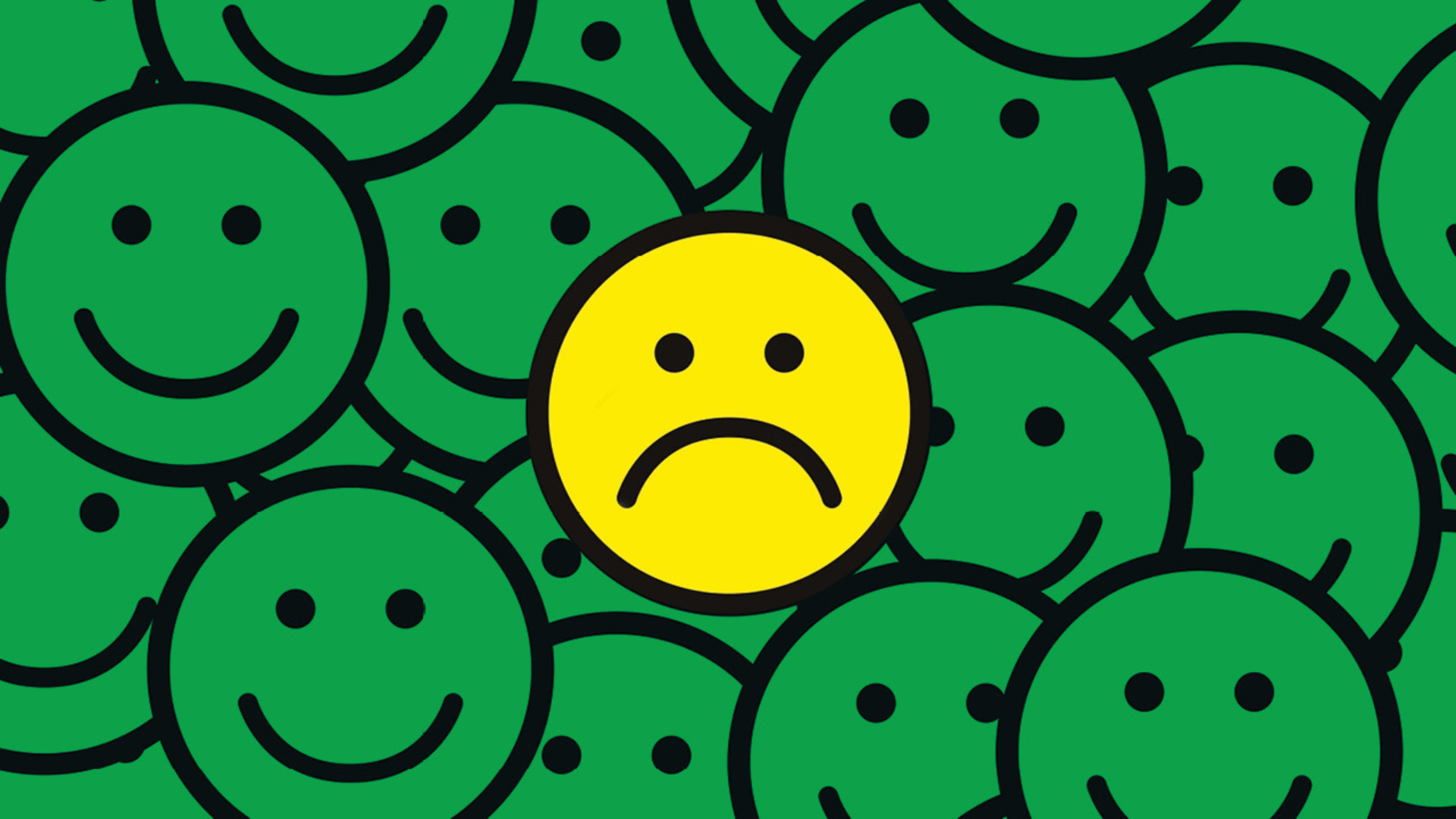How Toxic Positivity Harms Mental Health
The Danger of ‘Just Be Positive’
We’ve all heard it before: “Just stay positive!” or “Everything happens for a reason.” These phrases are usually said with good intentions, but for someone struggling with their mental health, they can feel dismissive, invalidating, and even harmful.
This is what’s known as toxic positivity, the belief that we should always maintain a positive mindset, no matter what. While optimism has its place, forcing positivity can actually make people feel worse.
What Is Toxic Positivity?
Toxic positivity is the idea that happiness is the only acceptable emotion and that negative feelings should be ignored, suppressed, or “fixed” with positivity.
Common Examples of Toxic Positivity
- “Just look on the bright side!” – (Ignores the real difficulty someone is facing.
- “Others have it worse.” – (Minimises personal struggles.)
- “Everything happens for a reason.” – (Dismisses real pain or grief.)
- “Don’t be so negative!” – (Shames someone for expressing emotions.)
While these statements may seem harmless, they often do more harm than good – making people feel like their emotions are wrong or unimportant.
Why Toxic Positivity Is Harmful
It Invalidates Real Emotions
When someone shares their struggles and is met with forced positivity, they may feel unheard. Studies show that emotional suppression increases stress and anxiety rather than helping people cope.
What to do instead: Validate feelings by saying, “That sounds really tough. I’m here for you.”
It Increases Shame and Isolation
If we’re told to “just be positive” when we’re struggling, we may start to feel guilty for experiencing normal emotions. This can lead to emotional suppression, which is linked to higher levels of anxiety and depression.
What to do instead: Encourage open discussions with phrases like, “It’s okay to feel this way. You don’t have to pretend.”
It Prevents Real Healing
Ignoring negative emotions doesn’t make them disappear—it pushes them deeper, often leading to burnout, emotional outbursts, or even physical symptoms like headaches and fatigue. Research shows that accepting emotions (rather than suppressing them) improves long-term mental health.
What to do instead: Support emotional processing by asking, “Do you want to talk about it?” or “How can I support you right now?”
How to Practise Healthy Positivity Instead
Positive thinking isn’t bad – it’s forced positivity that becomes toxic. The key is balanced emotional acceptance: allowing all emotions, both good and bad, to exist.
Healthy Alternatives to Toxic Positivity
- Instead of “Just be positive”, try “It’s okay to feel upset. I’m here for you.”
- Instead of “Others have it worse”, try “Your feelings are valid, no matter what.”
- Instead of “Everything happens for a reason”, try “That must be really painful. How are you coping?”
Allowing people to express and process their emotions leads to better mental health, stronger relationships, and improved resilience.
Building Emotional Resilience Tools
Toxic positivity often comes from a lack of emotional resilience – the ability to handle difficulties without suppressing emotions. This is where eQuoo and the Resilience Development Programme can help.
eQuoo: Gamified Mental Health & Emotional Training
eQuoo is a mental health game designed to help people develop emotional resilience and mental wellbeing in an interactive way.
- Why eQuoo Works:
Teaches emotional processing skills – Helping people express feelings in a healthy way. - Uses Cognitive Behavioural Therapy techniques – Scientifically proven to reduce stress and anxiety.
- Develops relationship skills – Helping users build stronger connections, set boundaries, and improve communication.
The Resilience Development Programme
The CPD-Certified Resilience Development Programme is a digital mental health tool designed to help individuals build emotional resilience and cope with life’s challenges in a healthy way.
- Helps reframe unhelpful thoughts – So you can move away from toxic positivity towards balanced emotional acceptance
- Teaches practical coping strategies – Learn how to process emotions without feeling overwhelmed.
- Scientifically backed approach – Uses CBT and positive psychology techniques to promote long-term well-being.
Positivity Shouldn’t Come at the Cost of Emotional Honesty
Toxic positivity, while well-intentioned, often does more harm than good. Instead of forcing happiness, we should create space for all emotions- both positive and negative.
- You don’t need to “fix” emotions. You just need to listen.
- You are allowed to feel whatever you feel.
- True resilience comes from accepting emotions, not denying them.
By validating emotions, practising balanced positivity, and building emotional resilience, we can create a more supportive, understanding world- one that doesn’t shame people for struggling, but helps them through it.
Explore our CPD-Certified Resilience Development Programme to start your journey today.


